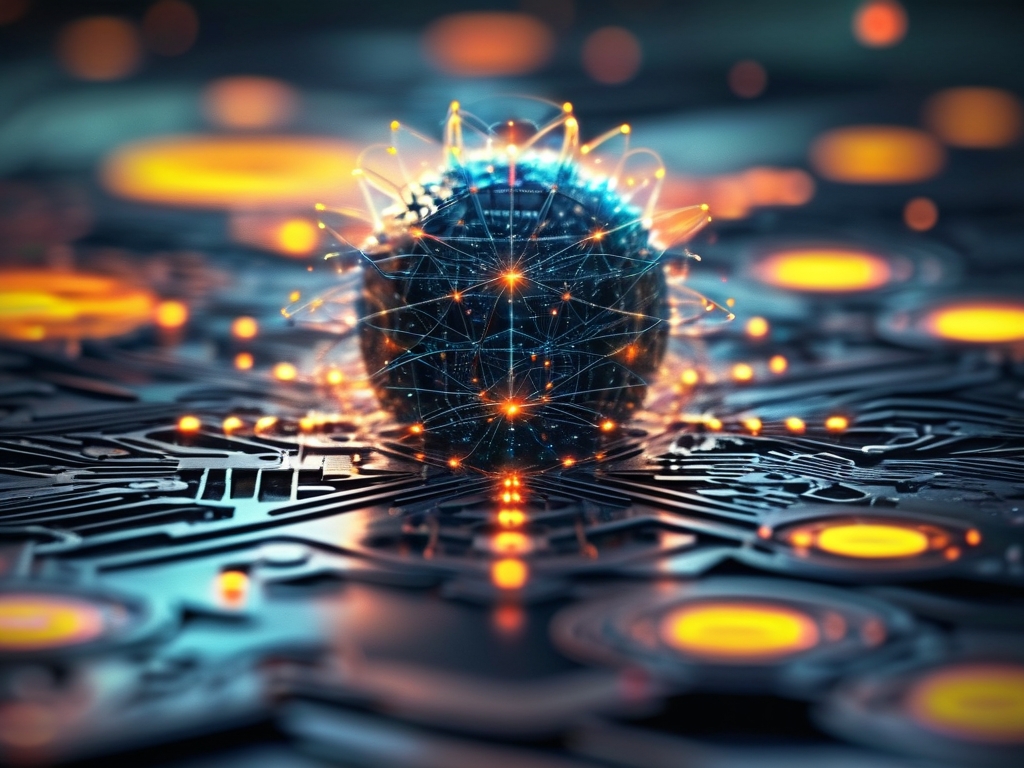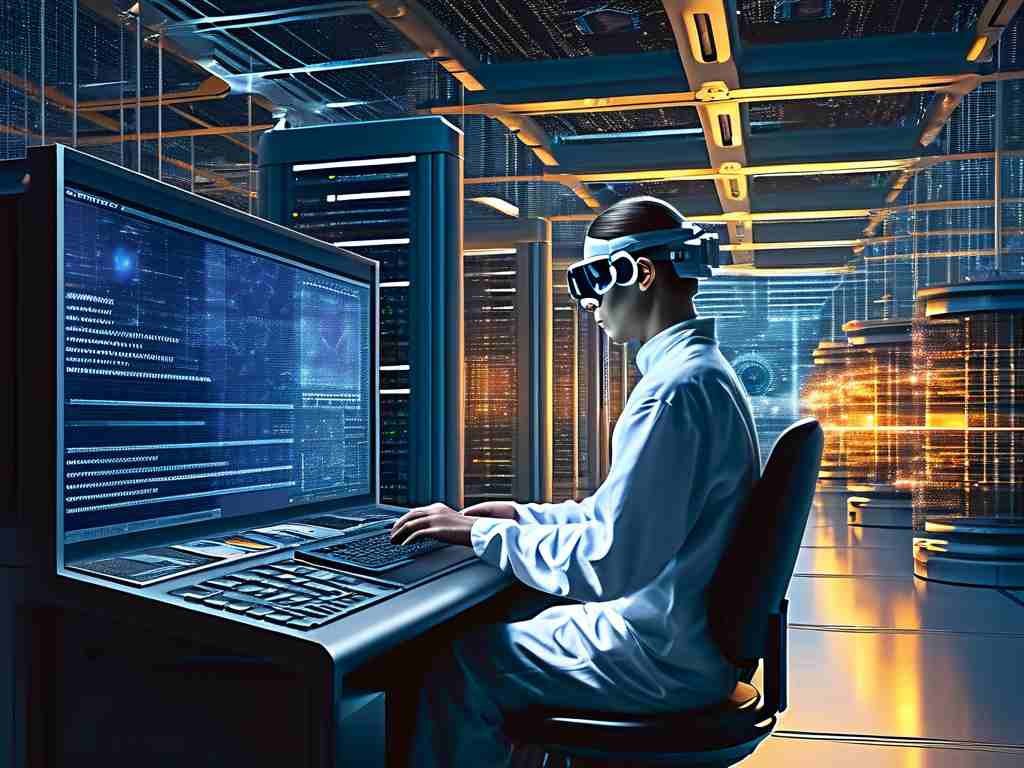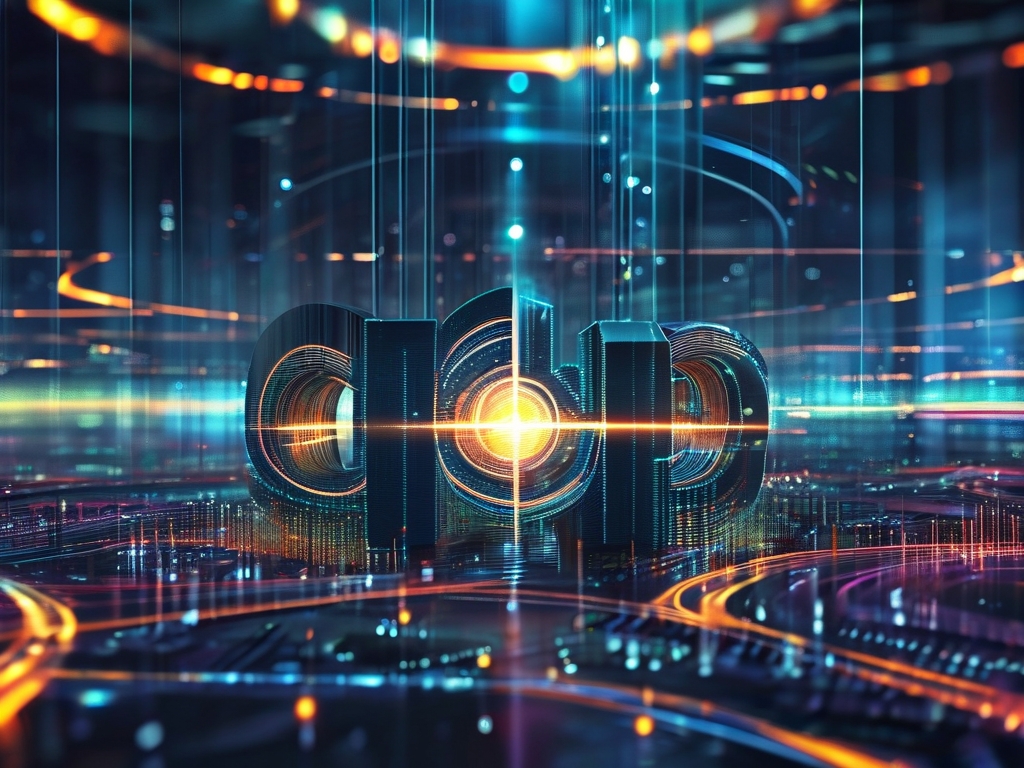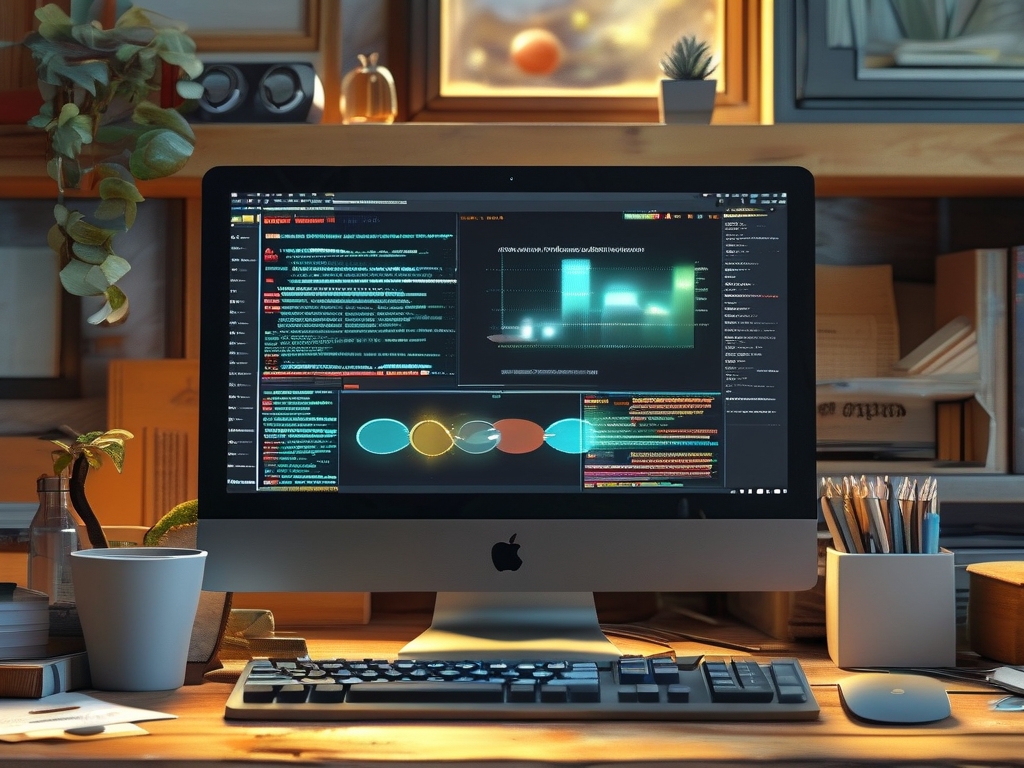Imagine a world where computers can solve problems in seconds that would take today's supercomputers thousands of years. A world where communication is unhackable, and medical breakthroughs happen at lightning speed. This isn’t science fiction—it’s the promise of quantum information technology (QIT). But what exactly does this term mean, and why is it such a big deal? Let’s break it down in plain language.
1. The Basics: What Makes Quantum Tech "Quantum"?
At its core, quantum information technology relies on the strange rules of quantum physics, the science governing the behavior of tiny particles like electrons and photons. Unlike the predictable world we see daily, quantum particles can do mind-bending things:
- Superposition: A quantum particle can exist in multiple states at once. Think of a spinning coin that’s both "heads" and "tails" simultaneously until it lands.
- Entanglement: Particles can become linked, so changing one instantly affects the other, even if they’re light-years apart. Einstein called this "spooky action at a distance."
In traditional computers, information is stored as bits (0s or 1s). Quantum computers use qubits, which can be 0, 1, or both at the same time. This lets them explore countless possibilities in parallel, making them exponentially faster for specific tasks.
2. Key Areas of Quantum Information Technology
A. Quantum Computing
Quantum computers aren’t just "better" versions of classical computers—they’re fundamentally different. They excel at problems involving:

- Optimization: Finding the best route for delivery trucks or optimizing financial portfolios.
- Simulation: Modeling complex molecules for drug discovery or materials science.
- Cryptography: Breaking (or creating) encryption codes that secure modern internet communications.
Companies like Google and IBM have built early-stage quantum computers, but they’re still error-prone and require extreme cooling (-460°F!) to function.
B. Quantum Communication
This field focuses on ultra-secure data transfer. Using entangled photons, quantum communication systems can detect eavesdroppers immediately. For example:

- Quantum Key Distribution (QKD): A method to share encryption keys securely. If a hacker tries to intercept the key, the quantum link "breaks," alerting the users.
China’s Micius satellite demonstrated this in 2017 by sending unhackable messages between Beijing and Vienna.
C. Quantum Sensing
Quantum sensors exploit superposition to measure physical properties (like magnetic fields or gravity) with unprecedented precision. Applications include:
- Early detection of underground mineral deposits.
- Brain imaging tools that map neural activity in real time.
3. Why Should You Care?
A. Revolutionizing Industries
- Healthcare: Simulating protein folding could accelerate drug development for diseases like Alzheimer’s.
- Finance: Quantum algorithms might predict market trends or detect fraud faster.
- Climate Science: Optimizing carbon capture materials or modeling climate systems.
B. The Encryption Crisis
Today’s internet relies on encryption methods like RSA, which quantum computers could eventually crack. This poses a risk to everything from bank transactions to military secrets. Governments and companies are racing to build quantum-resistant encryption before quantum hackers strike.
C. Ethical and Societal Questions
Who controls quantum technology? Could it widen the gap between tech-savvy nations and others? These debates are just beginning.
4. Challenges Ahead
- Stability: Qubits are fragile. Even slight vibrations or temperature changes can disrupt their quantum state (a problem called decoherence).
- Scalability: Building a quantum computer with millions of qubits (needed for practical use) is like assembling a house of cards in a hurricane.
- Cost: Quantum tech requires specialized equipment, like lasers and supercooled chambers, making it inaccessible to most researchers.
5. The Future Is Quantum (But Not Yet)
While headlines often exaggerate quantum tech’s immediacy, experts agree we’re in the "transistor era" of quantum computing—basic but foundational. Over the next decade, we’ll likely see hybrid systems where quantum processors handle specific tasks alongside classical computers.
In summary, quantum information technology isn’t just about faster computers—it’s a paradigm shift in how we process information, secure data, and understand reality. Like the internet in the 1990s, its full impact is hard to predict, but one thing’s clear: the quantum age will redefine what’s possible.









